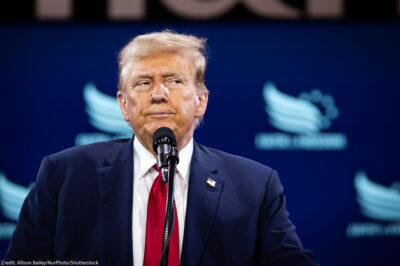You may remember that the ACLU is currently challenging the U.S. government’s exclusion of one of South Africa’s leading scholars and political commentators — Adam Habib a Deputy Vice Chancellor at the University of Johannesburg. In the fall of 2007, the State Department denied Professor Habib’s request for a U.S. visa based on the unfounded accusation that he had “engaged in terrorist activities.” To this day, the government has refused to explain or substantiate this claim, though we believe that Professor Habib — a long-time critic of the war in Iraq and other U.S. terrorism-related policies — is being excluded based solely on ideological grounds.

This week we were happy to see Professor Habib back in the news doing what he does best — offering measured, informed commentary on South African politics (in this instance, his views on President Mbeki’s resignation). It is heartening to see that the U.S. press (as well as the European and African press) has continued to seek out Professor Habib’s expertise despite the government’s baseless claims. Publications like The New York Times, the Washington Post and Newsweek have all featured quotes from Professor Habib recently, and their articles remind us of how much Americans have to gain by engaging with Professor Habib and other foreign scholars like him. (Listen to a podcast of Professor Habib commenting on his case.)
Sadly, the problem of ideological exclusion is much bigger than Professor Habib alone. We hope that under a new administration — whether Democratic or Republican — this shameful practice of excluding foreign scholars based on their political views will come to an abrupt end. A nation long heralded as the world’s leading defender of free expression debases itself when it treats words and ideas as their enemy.



